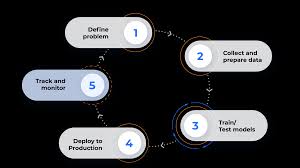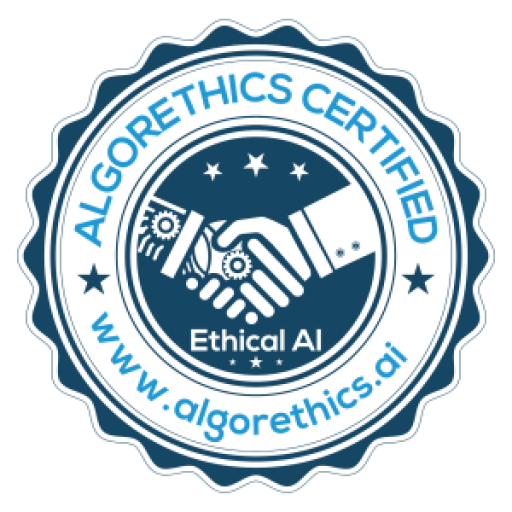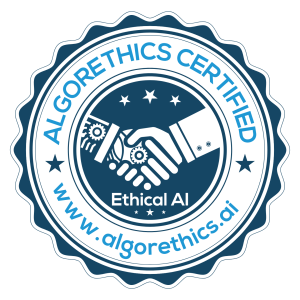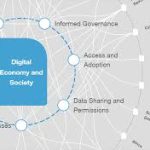As machine learning (ML) becomes increasingly embedded in decision-making systems, concerns about fairness, accountability, and transparency have taken center stage. Bias in ML models can lead to unfair outcomes, particularly in sensitive domains like healthcare, hiring, law enforcement, and lending. To foster fair AI development, many researchers and developers are turning to ethical AI tools—particularly those that are open-source and community-driven.
Below, we highlight some of the most impactful open-source bias detection tools that are helping developers identify and mitigate bias in ML systems.
- AI Fairness 360 (IBM)
GitHub: https://github.com/IBM/AIF360
Overview: Developed by IBM Research, AI Fairness 360 is a comprehensive Python library that includes metrics to test for biases and algorithms to mitigate them. It supports datasets from various domains and provides documentation for integrating fairness into ML workflows.
Features:
Over 70 fairness metrics
Multiple bias mitigation algorithms (pre-processing, in-processing, and post-processing)
Support for both binary and multiclass classification
Use Case: Perfect for researchers and enterprises looking for a mature, extensible toolkit for auditing model fairness. - Fairlearn (Microsoft)
GitHub: https://github.com/fairlearn/fairlearn
Overview: Fairlearn helps users assess and improve the fairness of AI systems. It provides visualizations, metrics, and algorithms that support different fairness definitions.
Features:
Fairness dashboards for model assessment
Interventions to reduce disparity (e.g., grid search-based optimization)
Compatibility with popular ML frameworks like scikit-learn
Use Case: Ideal for integration into existing Python ML pipelines in both research and production settings. - What-If Tool (Google)
GitHub: https://github.com/PAIR-code/what-if-tool
Overview: The What-If Tool is a visual interface for TensorBoard that allows users to explore model behavior and perform counterfactual analysis to uncover biases.
Features:
No coding required for basic use
Real-time analysis and visualization
Supports TensorFlow and scikit-learn models
Use Case: Especially helpful for data scientists who want intuitive, visual ways to analyze bias and fairness in models. - Fairness Indicators (TensorFlow Extended)
GitHub: https://github.com/tensorflow/fairness-indicators
Overview: This tool is part of TensorFlow Extended and allows for the evaluation of fairness metrics over multiple subgroups of data.
Features:
Works seamlessly with TensorFlow pipelines
Integrates with TensorBoard for visualization
Scalable for large models and datasets
Use Case: Best suited for TensorFlow users deploying large-scale ML models with fairness monitoring needs. - Themis-ML
GitHub: https://github.com/cosmicBboy/themis-ml
Overview: Themis-ML is a lesser-known but powerful Python library that focuses on fairness-aware learning and decision-making.
Features:
Fair classification and regression algorithms
Bias measurement tools
Compatible with scikit-learn
Use Case: Great for developers looking for more experimental or research-driven solutions for bias mitigation.
Why These Tools Matter
The importance of open-source bias detection tools cannot be overstated. They democratize access to fairness resources, allowing developers, academics, and organizations of all sizes to create responsible AI systems. These tools support transparency, reproducibility, and collaboration—cornerstones of ethical AI tools and practices.
Incorporating these libraries into ML workflows isn’t just a technical best practice—it’s a necessary step toward building AI systems that serve everyone fairly. As the demand for fair AI development grows, these open-source efforts play a crucial role in holding models accountable and ensuring ethical outcomes.
Conclusion
Bias in machine learning is a systemic issue that requires intentional effort and robust tooling to address. With the growing ecosystem of open-source fairness libraries, developers now have unprecedented access to the resources needed to audit and mitigate bias. By adopting these ethical AI tools, the community takes a step closer to building inclusive, trustworthy, and fair AI development practices.







